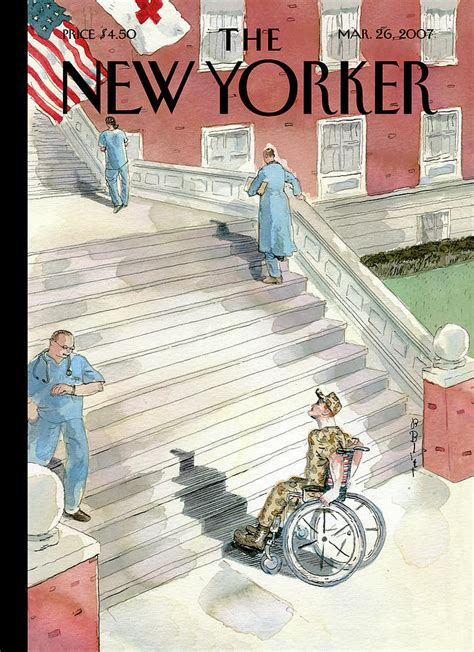A Quote by Jane Smiley
Somehow, knowing that Alzheimer's is coming mocks all one's aspirations - to tell stories, to think through certain issues as only a novel can do, to be recognised for one's accomplishments and hard work - in a way that old familiar death does not.
Related Quotes
What does it matter, if we tell the same old stories? ...Stories tell us who we are. What we’re capable of. When we go out looking for stories we are, I think, in many ways going in search of ourselves, trying to find understanding of our lives, and the people around us. Stories, and language tell us what’s important.
We should think more about it, and accustom ourselves to the thought of death. We can't allow the fear of death to creep up on us unexpectedly. We have to make the fear familiar, and one way is to write about it. I don't think writing and thinking about death is characteristic only of old men. I think that if people began thinking about death sooner, they'd make fewer foolish mistakes.
Shut the door, they're coming through the window, shut the window, they're coming through the door," are the words to an old song. They fit my lifestyle with newly arriving butcher/censors every month. Only six weeks ago, I discovered that, over the years, some cubby-hole editors at Ballantine Books, fearful of contaminating the young, had, bit by bit, censored some 75 separate sections from the novel. Students, reading the novel which, after all, deals with censorship and book-burning in the future, write to tell me of this exquisite irony.
Luckily, my limited attention span is well suited to the velocity of the news cycles. There's an assault of stories coming at you on even a slow-ish news day, but certain things just tend to stick out. Certain stories just seem to have an odd sort of electricity. It does get tricky when you're pitching an image that won't hit the newsstands for another week. Not only can other, bigger stories break in the mean time, but other daily cartoonists, can also come up with the same idea - this is the most depressing thing - and put it out there so yours looks old by the time it's published.
It is hard to let old beliefs go. They are familiar. We are comfortable with them and have spent years building systems and developing habits that depend on them. Like a man who has worn eyeglasses so long that he forgets he has them on, we forget that the world looks to us the way it does because we have become used to seeing it that way through a particular set of lenses. Today, however, we need new lenses. And we need to throw the old ones away.
I feel connected with people because of their sense of humor, worldview, and what they think and feel about certain existential issues (things not affected, in my view, by if someone rides a horse or drives a car or talks only IRL or only by typing), not how old they are, what they use to convey what they think and feel about certain existential issues, or if we have both watched the same TV shows or looked at the same websites.
As a Buddhist, I view death as a normal process, a reality that I accept will occur as long as I remain in this earthly existence. Knowing that I cannot escape it, I see no point in worrying about it. I tend to think of death as being like changing your clothes when they are old and worn out, rather than as some final end. Yet death is unpredictable: We do not know when or how it will take place. So it is only sensible to take certain precautions before it actually happens.
Writing stories, adopting other characters, making up fantastic stories and tales, this is a way of perhaps enhancing who I am. Writing stories takes a commonplace old life and makes it all somehow more interesting. And hopefully I can do that in a way that touches a lot of people in their lives, too.







































